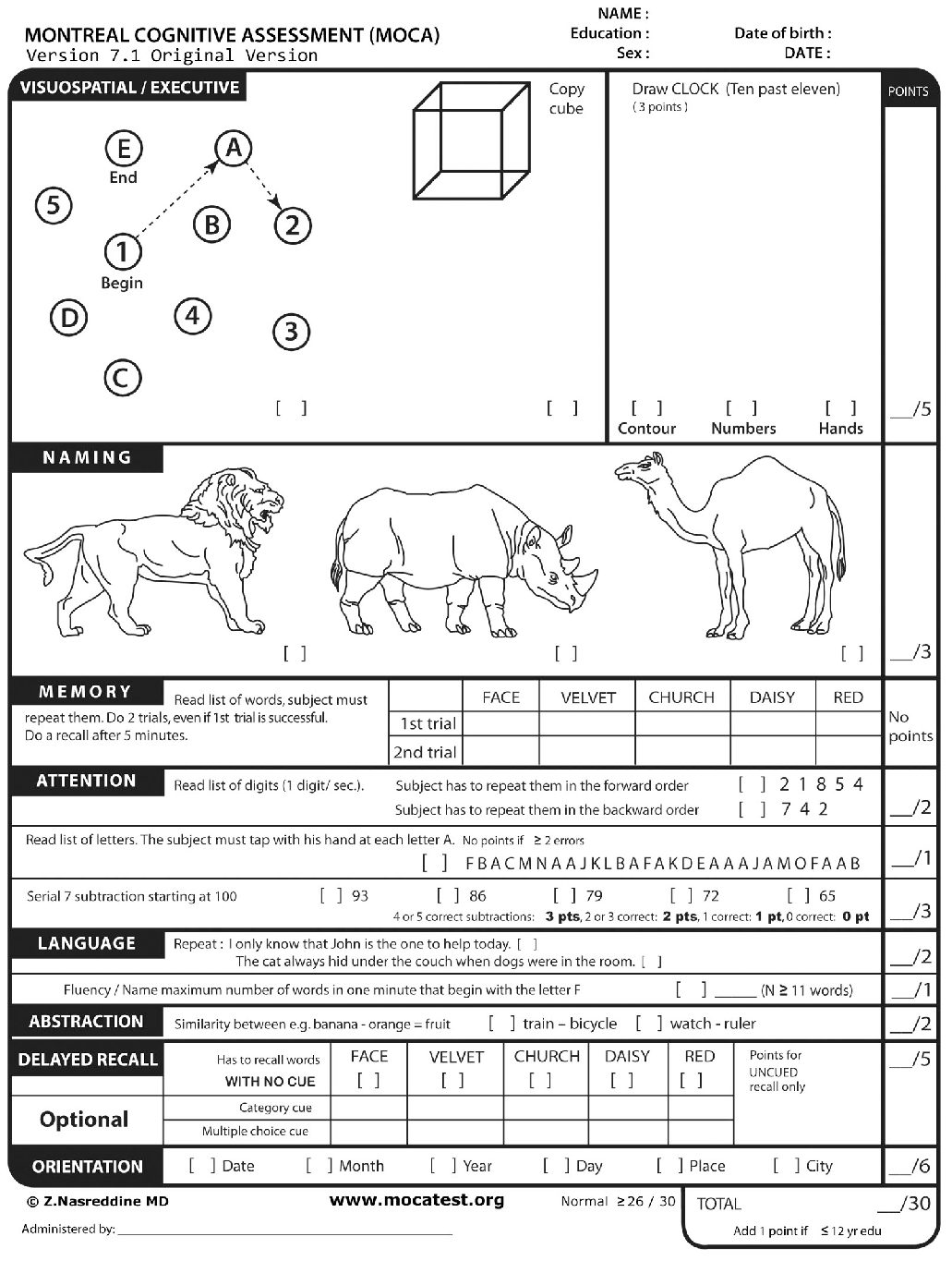

The persecution of pain management doctors L.Assisted living facilities: (Mansbach et al., 2012).Patients aging with HIV: What role can doctors play? George Kerr, III | Conditions.Health care workers under attack The Podcast by KevinMD | Podcast.Orthopedists’ role in gender diverse athletes’ care Alicia Jacobson | Education.How dementia and COVID-19 robbed the baby doll of love Robert Killeen, MD | Conditions.How early intervention can transform a child’s speech development Stephanie Jeret | Conditions.Physician burnout and the Kentucky Derby: a shocking parallel The Podcast by KevinMD | Podcast.Modern medicine is disappointing to many of us at the later end of our careers Danielle Reznicsek, MD | Physician.How EHRs can impact climate change The Podcast by KevinMD | Podcast.

The epidemic of narcissistic abuse in the medical field Karla Lester, MD | Physician.Medical reparations are long overdue in medicine Arthur Lazarus, MD, MBA | Policy.Can minors truly consent to reversible puberty blockers in gender-affirming health care? Logan Vayder | Conditions.The persecution of pain management doctors L.Medical school applicants do not need to “check” a box to succeed Arthur Lazarus, MD, MBA | Policy.How unproven orthopedic treatments impact health care costs James Francis Marino, MD | Physician.A comic reveals the terrifying truth about fentanyl Emily Watters, MD | Meds.6 ways physicians can change the health care system Laurence Bauer, MSW | Physician.Health misinformation’s deadly impact Neha Gour | Policy.Transgender health risks in hormone therapy Robert Killeen, MD | Conditions.This patient’s memory difficulties are greater than what is expected with normal aging, and her score on the Montreal Cognitive Assessment is not in the normal range. Patients with memory problems due to normal aging have symptoms, most notably memory loss, that are commonly associated with cognitive impairment, but cognitive testing shows functioning within the normal range. Therefore, depression is unlikely to be the cause of her symptoms. This patient, who describes her mood as upbeat and says she enjoys her life, has neither depressed mood nor anhedonia. If either depressed mood or anhedonia is present, further inquiry or employing a second tool to diagnose depression should be pursued. Using a two-item questionnaire that assesses for the presence of depressed mood or anhedonia is a quick way to screen for depression. Depressed mood and anhedonia are cardinal symptoms, and the presence of either is highly sensitive but not specific for major depression. The evaluation must establish whether the patient meets established criteria for major depression, dysthymia, or a different psychiatric condition and also assess for substance abuse. The diagnosis of clinical depression is based on patient history and exclusion of alternative diagnoses no additional tests can confirm the diagnosis. This patient does not meet the criteria for dementia. A detailed history of the patient’s abilities to perform activities of daily living, such as paying bills, managing financial records, assembling tax records, shopping alone, working on hobbies, taking medications, driving, and remembering recent holidays or family events, should be obtained to elicit any change in function. In order to meet criteria for dementia, a patient’s cognitive deficits must interfere with daily functioning and result in some loss of independence. Occasionally, a formal battery of neuropsychological testing beyond the standard mental examination is needed to distinguish particularly mild cases of cognitive impairment from normal aging. In clinical practice, a careful history and results of a standard mental examination are often sufficient to make a diagnosis of MCI, and extensive cognitive testing is not routinely required. A score lower than 26/30 generally suggests cognitive impairment, especially in patients with 16 years of formal education. The Montreal Cognitive Assessment is a screening tool that is more sensitive than the Mini–Mental State Examination in the detection of MCI because it has more cognitively challenging tests of memory/recall and executive function. For most patients, the onset is insidious, and for some, the course may be progressive 10% to 15% of patients with MCI transition to dementia per year, compared with 1% to 2% per year of the general population. MCI is a cognitive state between normal aging and dementia characterized by a decline in cognitive functioning that is greater than what is expected with normal aging but has not resulted in significant functional disability. The most likely underlying cause of this patient’s symptoms is mild cognitive impairment (MCI). The correct answer is C: Mild cognitive impairment.


 0 kommentar(er)
0 kommentar(er)
